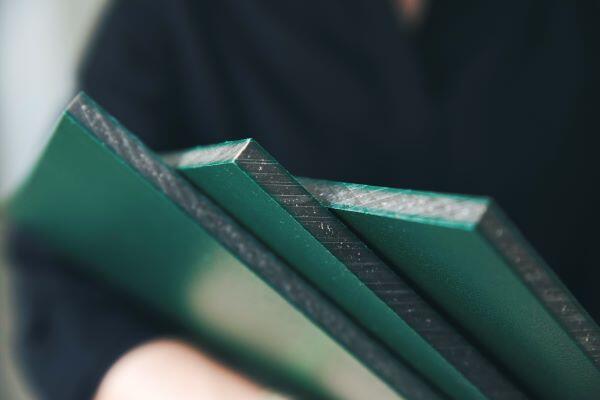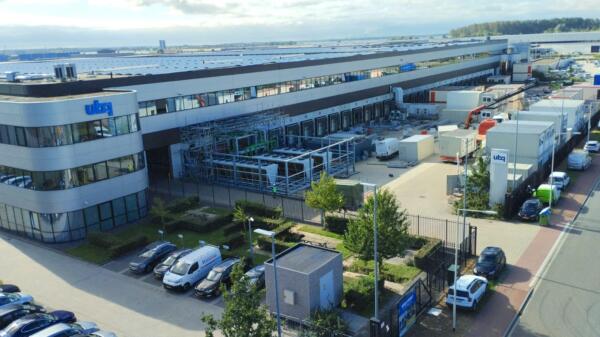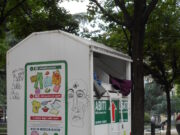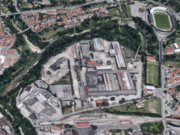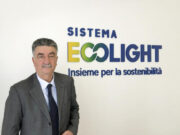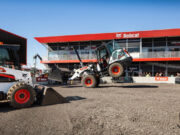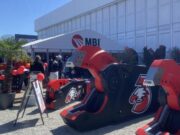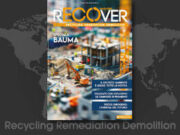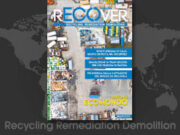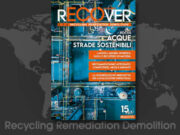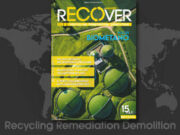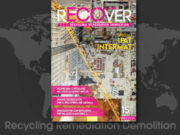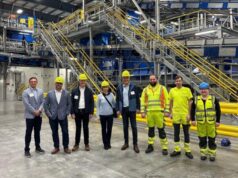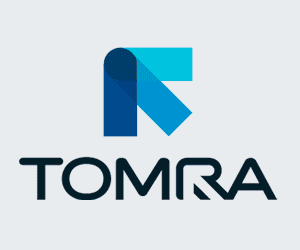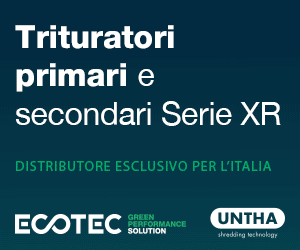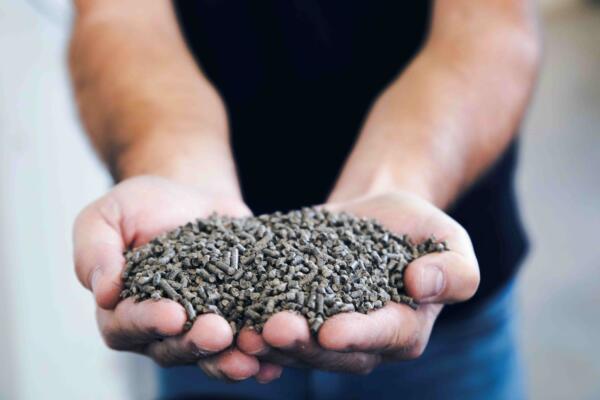
UBQ Materials Ltd. closes the loop between the ecosystems of waste and materials. Through its advanced conversion technology, UBQ Materials Ltd. has created a pioneering bio-based thermoplastic, UBQ™, made entirely from residual waste, including all organics and hard-to-recycle materials.
A sustainable plastic substitute, UBQ™ preserves finite resources, diverts waste from landfills and incinerators and prevents emissions. A certified B Corp, UBQ Materials is expanding globally to provide the world’s largest businesses, municipalities and consumers with a climate positive solution for a circular economy.
Bio-based, climate-positive substitute for oil-based thermoplastics
UBQ Materials transforms unsorted, mixed household waste, including all organics and hard-to-recycle plastics, into a bio-based, climate-positive substitute for oil-based thermoplastics, reshaping how most things are made. Diverting waste from landfills, UBQ addresses the urgent global waste crisis, removes and avoids significant greenhouse gas emissions and improves the carbon footprint of everyday products.
UBQ operates two plants, one in Israel and the other in the Netherlands. The Netherlands plant, opened earlier in 2024, utilizes over 104,000 metric tons of municipal waste that can be converted up to 80,000 tons of climate-positive UBQ™ material each year.
Vecoplan AG was an early equipment partner providing its extensive design and waste technology expertise so UBQ could handle, process and store the municipal waste being fed into UBQ’s patented conversion process.
A leading manufacturer of machines and systems for the resources and recycling industry, Vecoplan proved its commitment to advanced clean technologies by joining UBQ’s team from the early concept phase. Vecoplan was also the largest equipment supplier to UBQ’s new plant in Holland, providing equipment, installation and automation services. UBQ expects Vecoplan to accompany its growth as it expands worldwide.
Companies across the world
UBQ offers a comprehensive product portfolio of sustainable, bio-based materials encompassing two material replacements and one sustainability additive along with one modifier and one enhancer. Each product features unique and complementary properties engineered to help companies meet specific sustainability targets including waste diversion, circularity, increased post-consumer recycled content and emissions removal and avoidance. By integrating as little as 5% of a UBQ™ material into a product companies can make significant progress towards their sustainability goals.
Companies across the world including Mercedes-Benz, PepsiCo and McDonald’s already use UBQ’s materials in their products ranging from car interior parts to shipping pallets and food trays.
